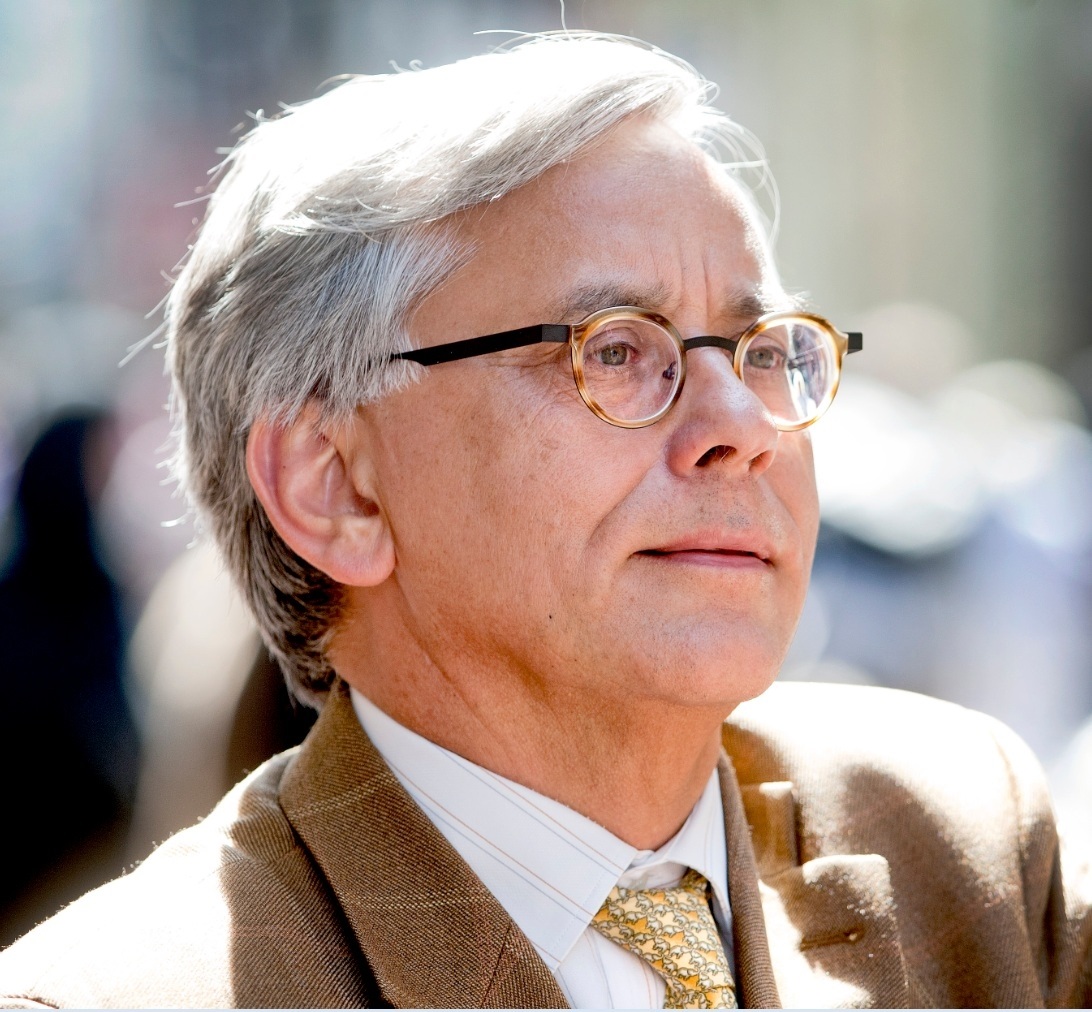Menu (NL)
Waarom Relationele Modellen?
Modellen in de Samenleving
Modellen in Organisaties
Individuele Modellen
Coordinatie tussen Modellen
Stabiliteit van Groeipaden
Leren van Praktijkervaringen
Mijn onderzoeksprogramma

Dr. Arjen Verhoeff: economist, interested in the governance between stakeholders.
Contact via:
www.linkedin.com
www.researchgate.com
www.awvn.nl
www.uva-aias.net/38
Short CV

Free counters
|
Relational Models of Stakeholder Governance
Wrijving geeft glans. Friction yields shine (Dutch saying)
Nederlands (English below)
Mensen leven in onderlinge relatie. In een samenleving, organisatie of een gezin. Dat gaat niet vanzelfsprekend goed. Lees bijvoorbeeld het dagelijks nieuws over de wereld. Ruzie, slepend conflict, stiltegebieden in organisaties, mislukte fusies, falende samenwerking bij innovatie, governance issues of (burger)oorlog zijn aan de orde van de dag. De taaiheid van zulke problemen (wickedness) maakt het lastig om een precieze oorzaak of een eenduidige oplossing te vinden.
Mijn interesse richt zich op de governance van relaties tussen interne en/of externe stakeholders (Freeman, 1984). Met name is interessant onder welke noodzakelijke en/of voldoende voorwaarden een groeipad zich evolutionair stabiel kan ontwikkelen. Zulke reflectie begint en eindigt met praktijkervaringen, waar mensen hun voordeel met een oplossing kunnen doen. In mijn professie zijn dat meestal leidinggevenden, medewerkers of vertegenwoordigers van instituties, die oplossingen vertalen in een voor hen werkzame strategie om (arbeids)verhoudingen te versterken, sociale en technische vernieuwing te stimuleren en resultaten te boeken. Ik heb ruime ervaring opgebouwd in het analyseren van relationele problemen tussen stakeholders in organisaties en publiceer daar regelmatig over (zie onder).
Relationele modellen maken onder andere de noodzakelijke voorwaarden zichtbaar die nodig zijn voor succes. Het Nederlandse poldermodel is een voorbeeld van een model van een samenleving (Verhoeff en De Bruin, 2012). Bij relationele modellen van organisaties kan worden gedacht aan de klassieke benadering van Quinn en Rohrbaugh (1983) en vele andere modellen. Fiske (1992) heeft individuele modellen over relaties in kaart gebracht. Relationale modellen bieden een stevige basis voor analyse van onderliggende verbanden in praktijkproblemen en voor oplossingen die werken.
Coördinatie tussen verschillende relationele modellen refereert naar de afstemming van belangen en de wederkerigheid tussen sociale relaties (Eizaguirre, 2012). De wijze waarop coördinatie verloopt, werkt uit in een groeipad van de relatie tussen stakeholders, dat al dan niet stabiel is. Een groeipad is zonder afbreukrisico te doorleven met interactieve simulatie.
English
.
Humans live in mutual relationship. They live in society, operate in an organization, are part of a family. A prosperous relationship does not go without saying. Read, for instance, the daily news around the globe. A quarrel, a protracted conflict, areas of silence in organizations, failing mergers, non-effective cooperation in innovation, gouvernance issues, or (civil)war are the order of the day. The wickedness of such problems prevents to hunt down a specific cause or to present a one dimensional solution.
My interest is in the governance of relations between internal and/or external stakeholders (Freeman, 1984). More specific, what are the necessary and/or sufficient conditions needed for an evolutionary stable growth path. Reflection on relational issues between stakeholders starts, and ends in practice, in which practitioners may benefit. In my profession the practitioners are mostly managers, employees or representatives of institutions, who translate solutions into a viable strategy to strengthen labour relations, stimulate (social and technical) innovation, and to achieve results. I have build a vast experience in analyzing relational problems between stakeholders in organizations, and frequently publish about it (see below).
Relationele models visualize the conditions necessary for success. The Dutch polder model is an example of a relational model on the level of society (Verhoeff en De Bruin, 2012). Relational models of organizations have been developed, for instance, by Quinn en Rohrbaugh (1983), and many others. Fiske (1992) has been studying relational models of individuals. Relational models are powerful for the analysis of underlying (absence of) cohesion in practical issues.
Coordination between relational models refers to the alignment of interests and reciprocity in social relations (Eizaguirre, 2012). The process of coordination results in a growth path that may be stable, or not. A growth path can be explored without risk by interactive simulation.
Some recent publications
Verhoeff, A.A. & Heeremans, M. (2013). Slimmer werken in de Nissan-case: Twintig jaar performance en ontwikkeling van de arbeidsrelatie. [Success through twenty years development of labour relations: Working Smarter at Nissan] Tijdschrift voor Management en Organisatie. Themanummer Sociale Innovatie. 57-74.
Verhoeff, A.A., De Bruin, G., Van Helden, W., & Van Hamel, E. (2013). Negotiating the futures: 2025 scenarios labour relations. Den Haag: AWVN.
Verhoeff, A.A. & De Bruin, G. (2013). De waarde van het sociaal akkoord: In crisistijd herleeft de polder. [The Value of the Social Pact: In times of crisis the Dutch Polder revives] Zeggenschap, 24(2), 8-11.
Verhoeff, A.A. (2012). Blindfolded through the Information Hurricane? in: J. Strother, Z. Fazal en J. Ulijn. Information Overload (pp. 251-266). Wiley.
Verhoeff. A.A. & De Bruin, G. (red.) (2012). Ontwerpers in Arbeidsverhoudingen. [Designers in Labour relations] Den Haag: AWVN.
Verhoeff, A.A. & Menzel, H.M. (2012). Social Capital to bridge the Valley of Death: Using role-play simulation to study entrepreneurship, theoretical grounding and first empirical insight. International Journal of Entrepreneurship and Small Business, 14(3), 149-169.
Verhoeff, A.A. (2011). No Technical Innovation without Social Innovation. PhD. Open University, AWVN.
|
Menu (ENG)
Why Relational Models?
Models in Society
Models in Organizations
Individual Models
Coordinating Models
Stability in Growth paths
Learning from Practice
My Research Program
Blog
Disclaimer:
This website may contain mistakes in language, omissions in references, partial representations of academic issues, or other imperfections. Please feel invited to contact me for improvements. |